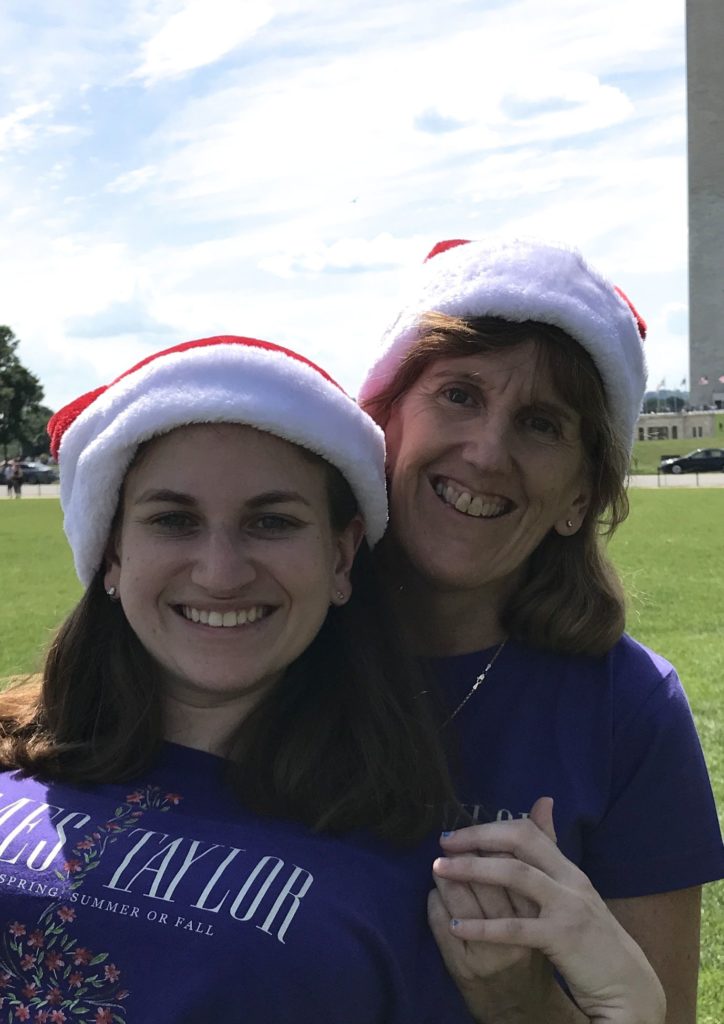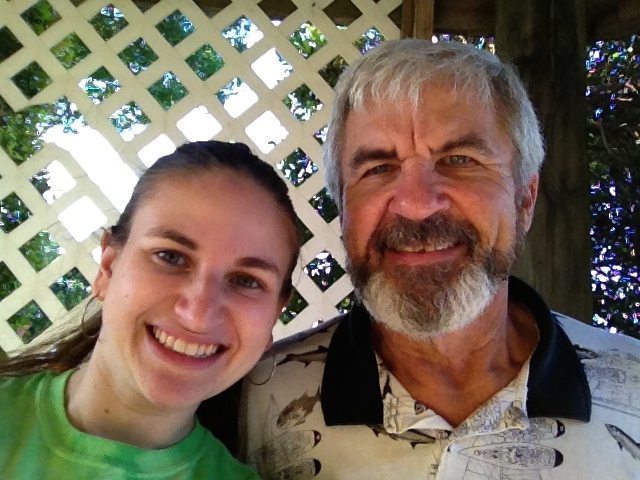Emily Greentree, Senior Anchor Intern
One Sunday morning after church when I was 8 years old, my mom took my sister and me to the park and sat us down on a bench. She calmly told us, like it was any other day, that she and my father decided that they no longer wanted to live together, that they still loved us very much but decided that they were better as friends than as a couple. She then pointed to an apartment complex across the street and explained that’s where my dad would be moving. We would see him, of course, but he would no longer live with us. My parents were getting a divorce. I don’t remember being very sad when my mom first told me the news. I could not comprehend in that moment the way my parents’ divorce would affect my life or my understanding of God’s love. Now, 14 years later, I can see how this event was a turning point in both my life and my faith.
After the divorce, the biggest change in my life was the newfound balance of time split between my parents. I lived full-time with my mom, and she became my superhero. I watched her work a full time job, take my sister and myself to and from school, make us breakfast, lunch, and dinner, and plan every birthday party and holiday celebration. With her superpowers of multi-tasking, I knew I could depend on my mom for anything and she would be there. She took on the role of both parents alone, and I never felt like I missed out on anything.

When my dad moved out of the house, he went from being my parent to my biggest cheerleader. During an average week, I might see him once and talk to him maybe twice, but he did his best to never miss a soccer game or art show and even drove me to my prom. We would spend afternoons at the movies and listening to music. I knew he always supported me in my actions, but he was no longer a constant presence in my life. Between working long hours and consistently moving around South Florida, I would go many days without talking to him. This is when I started paying more attention in church and being intrigued by the idea that God was always present.
When my parents divorced, I struggled to maintain my previous understanding of love. Until then, I had understood that my mom and dad loved each other and from that love, they had my sister and me. I didn’t understand then that a love between two people could crumble and disappear. Watching my parents go from lovers to friends who could drive each other crazy made me wonder if all other love could fade as well. It was with that fragile understanding of love that I questioned how God’s love could always be present. But through both God and my parent’s modeling of God’s love, I learned what unconditional love really meant.

1 John 3:1 says, “See what kind of love the Father has given to us, that we should be called children of God; and so we are.” God’s love for us is often compared to a parental love, so unconditional that no matter the circumstances, we can always return to Him. Growing up, it was hard to comprehend a love so vast and unconditional that it would always be present in my life. But that was God’s love that my parents modeled for me, even in their separation. During and after the divorce, I always felt my parents’ love, even when they would fight or on the days my dad was not there. They continually showed their love for me and my sister even during times of struggle. It was clear to see in the way my parents put my sister and I first in everything. I saw it in the way my mom kept my life stable through the change. I was it in the way my dad carved out time individual time for both my sister and I, so that neither of us felt abandoned. I was privileged to see in action the ways that parental love can withstand trials and flourish, even when the givers of that love had suffered their own losses. So when I sat in the pews at church and learned that God loved me like a father, unconditionally and always, I could feel the presence of his love in my life in the same way I felt my parents’ love for me. I understood that God would always be there for me, always willing and ready to work through life with me. I learned to talk to God as a father, asking for advice and guidance in the same ways I asked my parents, trusting in his love for me above all else. I understood God’s love for me in a real and deep sense.
My parents modeled unconditional love that could not be affected or diminished by any earthly issue, showing me how to understand and connect to God’s unconditional love for me.